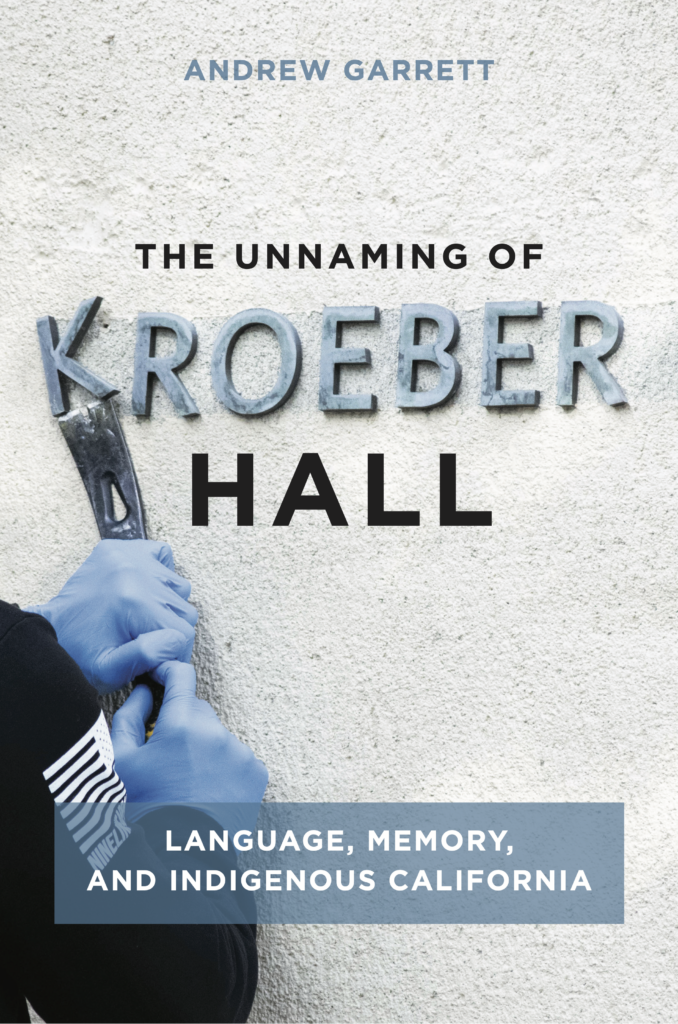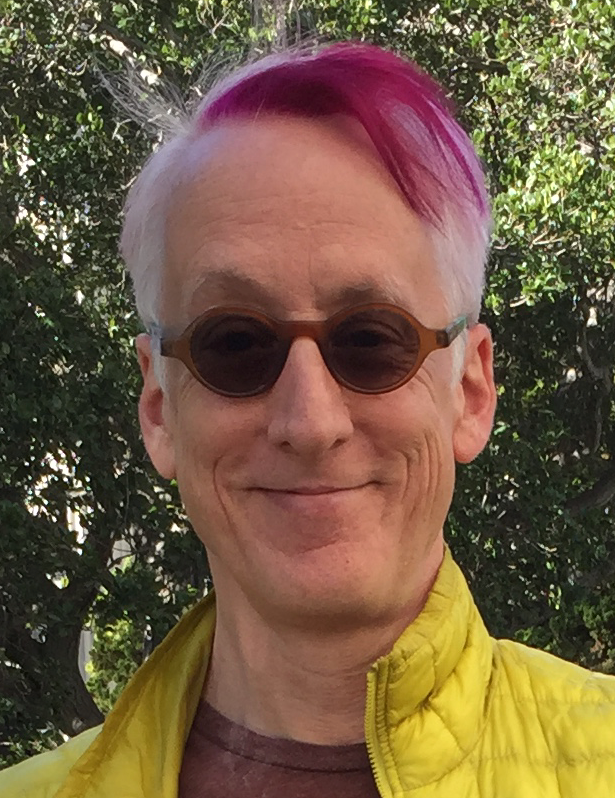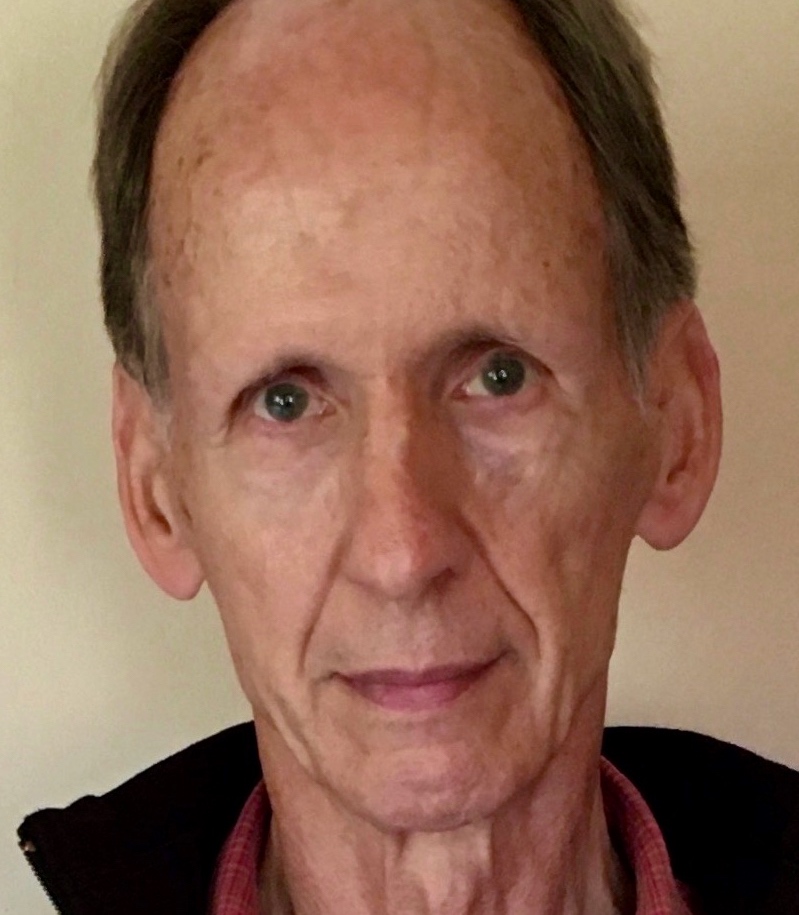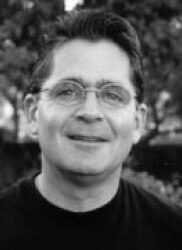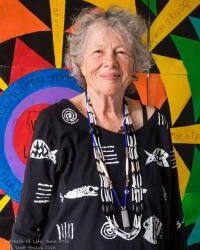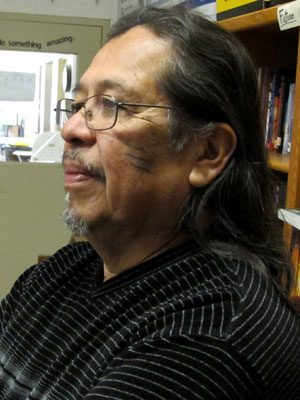Please join us on January 19, 2024 for an Authors Meet Critics panel on The Unnaming of Kroeber Hall, by Andrew Garrett, Professor of Linguistics and the Nadine M. Tang and Bruce L. Smith Professor of Cross-Cultural Social Sciences in the Department of Linguistics at UC Berkeley. Professor Garrett will be joined in conversation by James Clifford, Professor Emeritus at UC Santa Cruz; William Hanks, Berkeley Distinguished Chair Professor in Linguistic Anthropology; and Julian Lang (Karuk/Wiyot), a storyteller, poet, artist, graphic designer, and writer, and author of Ararapikva: Karuk Indian Literature from Northwest California. Leanne Hinton, Professor Emerita of Linguistics at UC Berkeley, will moderate.
Co-Sponsored by the UC Berkeley Department of Anthropology, Department of Linguistics, Department of Ethnic Studies, Joseph A. Myers Center for Research on Native American Issues, and Native American Studies.
About the Book
In January 2021, at a time when many institutions were reevaluating fraught histories, the University of California removed anthropologist and linguist Alfred Kroeber’s name from a building on its Berkeley campus. Critics accused Kroeber of racist and dehumanizing practices that harmed Indigenous people; university leaders repudiated his values. In The Unnaming of Kroeber Hall, Andrew Garrett examines Kroeber’s work in the early twentieth century and his legacy today, asking how a vigorous opponent of racism and advocate for Indigenous rights in his own era became a symbol of his university’s failed relationships with Native communities. Garrett argues that Kroeber’s most important work has been overlooked: his collaborations with Indigenous people throughout California to record their languages and stories.
The Unnaming of Kroeber Hall offers new perspectives on the early practice of anthropology and linguistics and on its significance today and in the future. Kroeber’s documentation was broader and more collaborative and multifaceted than is usually recognized. As a result, the records Indigenous people created while working with him are relevant throughout California as communities revive languages, names, songs, and stories. Garrett asks readers to consider these legacies, arguing that the University of California chose to reject critical self-examination when it unnamed Kroeber Hall.
Panelists
Andrew Garrett is Professor of Linguistics and the Nadine M. Tang and Bruce L. Smith Professor of Cross-Cultural Social Sciences in the Department of Linguistics, where he directs the California Language Archive. His research and teaching are in historical linguistics (especially Indo-European historical linguistics) and in language documentation and revitalization (especially involving Indigenous California languages). From the Linguistic Society of America, he has received the Best Paper in Language Award (2015, for “Ancestry-constrained phylogenetic analysis supports the Indo-European steppe hypothesis”, coauthored with three students) and the Kenneth L. Hale Award (2023, for “outstanding work on the documentation of a particular language or family of languages that is endangered or no longer spoken”). Since 2001, he has collaborated with the Yurok Tribe on the documentation and revitalization of the Yurok language, preparing a short pedagogical grammar Basic Yurok in 2014.
James Clifford is Professor Emeritus at UC Santa Cruz. He the author of books that explore the intersections of anthropology, literature and art: The Predicament of Culture (1988); Routes (1997); and Returns: Becoming Indigenous in the 21st Century (2013). In the latter work, he writes at some length about Kroeber, Ishi, and the colonial legacies of ethnography museums.
William F. Hanks, Berkeley Distinguished Chair Professor in Linguistic Anthropology, studies the history and ethnography of Yucatan, Mexico, and Yucatec Maya language and culture, including early modern Spain and Spanish as a necessary step towards understanding the colonial formation of Yucatan and New Spain. He examines the organization and dynamics of routine language use (semantics, pragmatics, interactional sociolinguistics and the social foundations of speech practices). He has studied ritual practice, comparative shamanisms, and the relations between religion and health care in rural Mexico. His most recent work concerns the colonial history of Yucatan and New Spain, with a special emphasis on missionization and the emergence of colonial discourse genres.
Leanne Hinton is professor emerita of linguistics at UC Berkeley. Her recent research has focused on language revitalization of Native American languages. She strongly supports interdisciplinary approaches to linguistics, and linguistic research that relates to community needs and interests, as well as to theory. Though retired, she remains active in research and consulting. Awards include the Lannan Foundation’s Cultural Freedom Award (2006), the Linguistics Society of America’s Language, Linguistics and the Public award (2012), The Hubert Howe Bancroft Award, presented by the Bancroft Library, UC Berkeley (2018), and the “Honored One” award, presented by the Association of Tribal Archives, Libraries, & Museums.
Julian Lang (Karuk/Wiyot) is a storyteller, poet, artist, graphic designer, and writer. He is a first language speaker of Karuk and a tribal scholar. Julian is a member of the Board of Directors of the Ink People – Center for Arts and the author of Ararapikva: Karuk Indian Literature from Northwest California.
View Map
